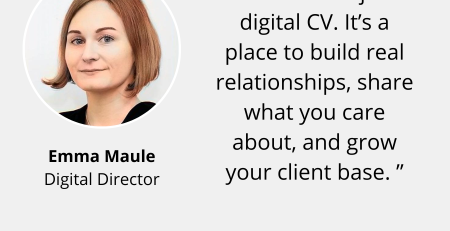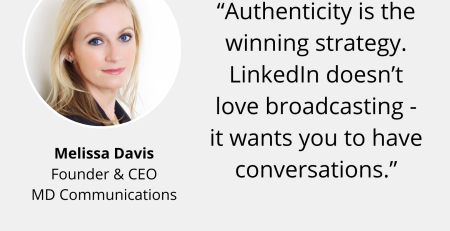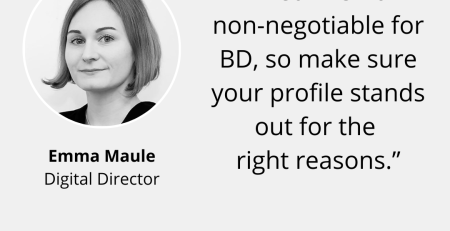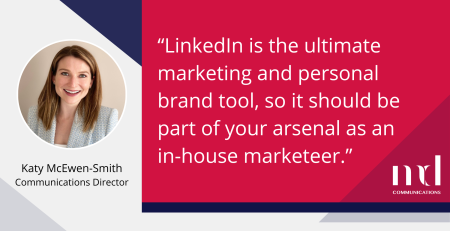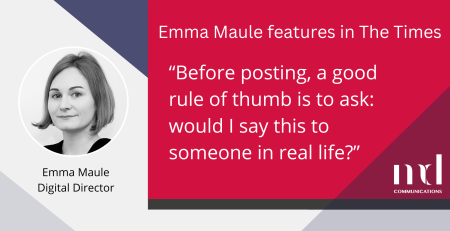Using social media for customer service is a trending topic in the PR world at the moment. One of the reasons why it has become so popular is because it offers efficiencies and the chance to boost customer service, both in terms of the response rate and customer satisfaction. However, there are also some pitfalls for those who choose to embrace the power of social media and the main one is that it really raises expectations when it comes to response.
If you’re going to use social media for your customer service then it’s key to make sure that you’ve grasped the basic rule which is: respond, respond, respond. If you’re used to offering customer or client service that is only available within working hours then social customer service might not work for you. Why? Well by setting up a presence on social media and then encouraging people to start contacting you, you’re giving the impression that your account is manned, ready and waiting to help 24/7. If customers do decide to get in touch and then find it takes you three days to respond to anything they will not only get frustrated with your social media but they might also end up fed up with your brand too.
A prime example of a customer service fail from a company with the resources to have known better was provided by British Airways recently. Businessman Hasan Syed had reached the end of his rope with the way that the airline was dealing with his father’s lost luggage and so decided to use social media to make a complaint. He tweeted “Don’t fly @BritishAirways. Their customer service is horrendous” and then when the airline didn’t reply over the weekend he promoted the tweet. BA finally responded but by then the promoted tweet had done the rounds of many a Twitter feed and the damage had already been done. BA didn’t do itself any favours with its eventual response either, which read “Sorry for the delay in responding, our twitter feed is open 09:00-17:00 GMT.” As we all know, social media is not 9-5 but 24/7. While the brand’s own Twitter account may not have been manned ‘after hours’ that didn’t mean that its customers – and their service needs – had stopped too.
Of course social media can be an enormously beneficial customer service tool if you learn how to use it properly – and all the signs are that clients and customers now expect businesses to offer this so it’s worth getting to grips with now. Below are four key rules for making sure your social media customer service is spot on.
1. Set out your policy.
This should include everything from expected response time, to the basic dos and don’ts for your social media presence so that anyone at the controls knows where the boundaries lie.
2. Have a consistent tone of voice.
Customer service isn’t provided by a single person but the idea is to make it feel as if it is. Define your tone of voice and stick to it – avoid situations where you are tweeting informal, jokey responses one minute and stiffly informative ones the next.
3. Never be provoked.
The purpose of social media customer service is often to field complaints so expect that you’re going to get some angry and maybe even aggressive messages. Be calm, polite, informative and try to find a solution to every customer’s issue.
4. Respond.
I’ve already covered this – in some detail – but it really is worth emphasising again: if you don’t respond to the messages, posts and statuses directed at your business within a reasonable length of time then your social media customer service is useless
This blog first appeared on The Huffington Post


